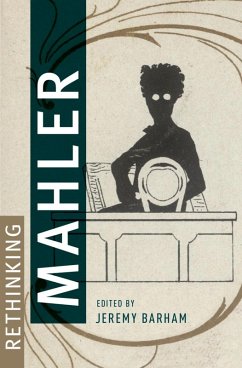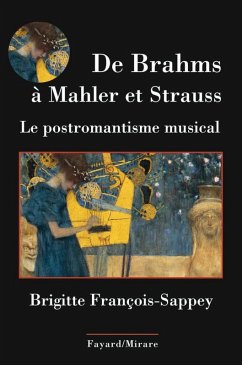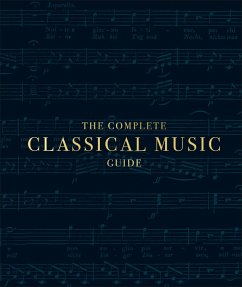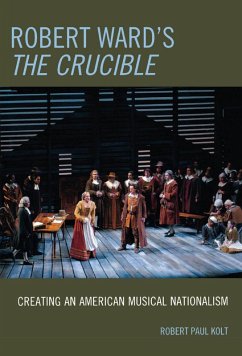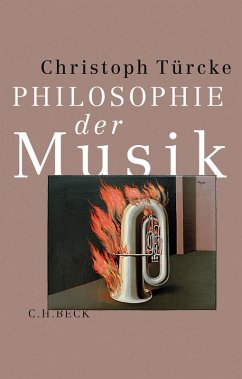
Mahler and Strauss (eBook, ePUB)
In Dialogue
Versandkostenfrei!
Sofort per Download lieferbar
5,99 €
inkl. MwSt.
Weitere Ausgaben:

PAYBACK Punkte
3 °P sammeln!
A rare case among history's great music contemporaries, Gustav Mahler (1860-1911) and Richard Strauss (1864-1949) enjoyed a close friendship until Mahler's death in 1911. Unlike similar musical pairs (Bach and Handel, Haydn and Mozart, Schoenberg and Stravinsky), these two composers may have disagreed on the matters of musical taste and social comportment, but deeply respected one another's artistic talents, freely exchanging advice from the earliest days of professional apprenticeship through the security and aggravations of artistic fame.Using a wealth of documentary material, this book reco...
A rare case among history's great music contemporaries, Gustav Mahler (1860-1911) and Richard Strauss (1864-1949) enjoyed a close friendship until Mahler's death in 1911. Unlike similar musical pairs (Bach and Handel, Haydn and Mozart, Schoenberg and Stravinsky), these two composers may have disagreed on the matters of musical taste and social comportment, but deeply respected one another's artistic talents, freely exchanging advice from the earliest days of professional apprenticeship through the security and aggravations of artistic fame.
Using a wealth of documentary material, this book reconstructs the 24-year relationship between Mahler and Strauss through collage-"a meaning that arises from fragments," to borrow Adorno's characterization of Mahler's Sixth Symphony. Fourteen different topics, all of central importance to the life and work of the two composers, provide distinct vantage points from which to view both the professional and personal relationships. Some address musical concerns: Wagnerism, program music, intertextuality, and the craft of conducting. Others treat the connection of music to related disciplines (philosophy, literature), or to matters relevant to artists in general (autobiography, irony). And the most intimate dimensions of life-childhood, marriage, personal character-are the most extensively and colorfully documented, offering an abundance of comparative material. This integrated look at Mahler and Strauss discloses provocative revelations about the two greatest western composers at the turn of the 20th century.
Using a wealth of documentary material, this book reconstructs the 24-year relationship between Mahler and Strauss through collage-"a meaning that arises from fragments," to borrow Adorno's characterization of Mahler's Sixth Symphony. Fourteen different topics, all of central importance to the life and work of the two composers, provide distinct vantage points from which to view both the professional and personal relationships. Some address musical concerns: Wagnerism, program music, intertextuality, and the craft of conducting. Others treat the connection of music to related disciplines (philosophy, literature), or to matters relevant to artists in general (autobiography, irony). And the most intimate dimensions of life-childhood, marriage, personal character-are the most extensively and colorfully documented, offering an abundance of comparative material. This integrated look at Mahler and Strauss discloses provocative revelations about the two greatest western composers at the turn of the 20th century.
Dieser Download kann aus rechtlichen Gründen nur mit Rechnungsadresse in A, D ausgeliefert werden.




